Theories Social Learning: Key Principles for Initial Education
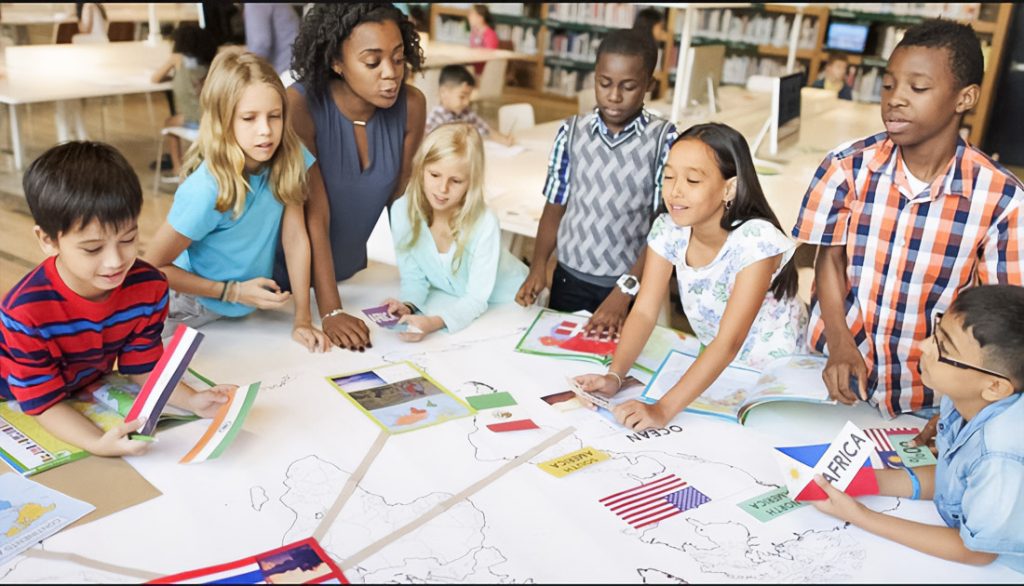
Theories of social learning play a fundamental role in forming educational practices, especially in the context of initial education, where they help understand nuances of learning children through their interaction with their surroundings. These theories can be used to strengthen the educational process, making it more dynamic and including elements of socialization. Visit cityschool.ae to find out more about it.
Page Content
Journey in Myriads Theories Social Learning
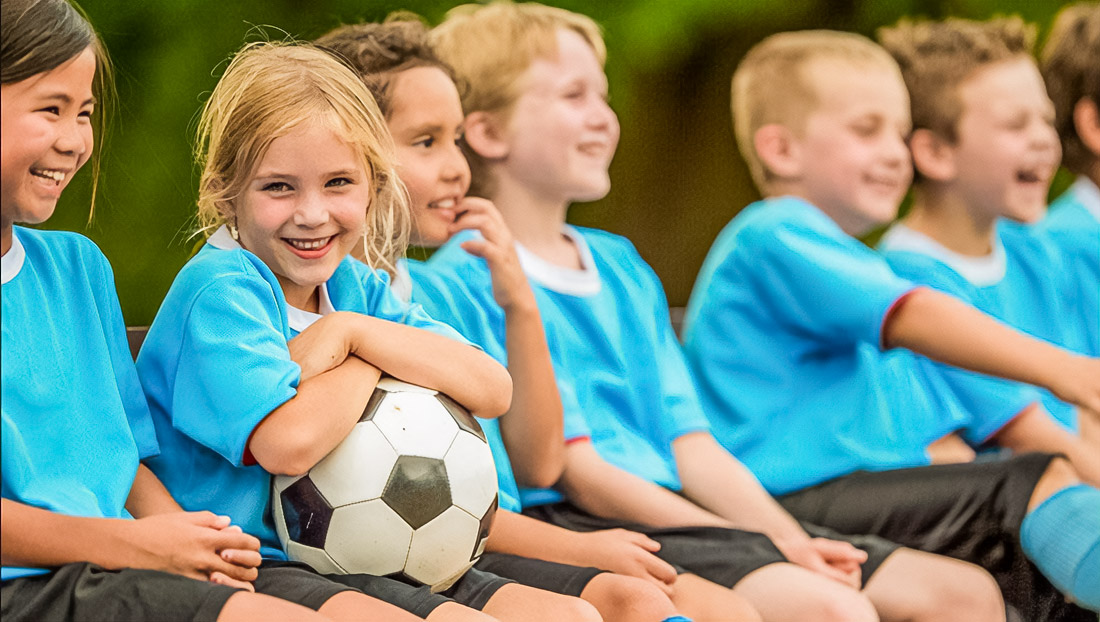
Social learning — this complex process in which individuals learn through observation of behavior surrounding and through interaction with them. At this, learning happens not only through direct teaching but also through modeling and analysis of behavior. The importance of this process increases in initial education, where laying foundations necessary for social skills and interactions.
Expedition in World Main Theories
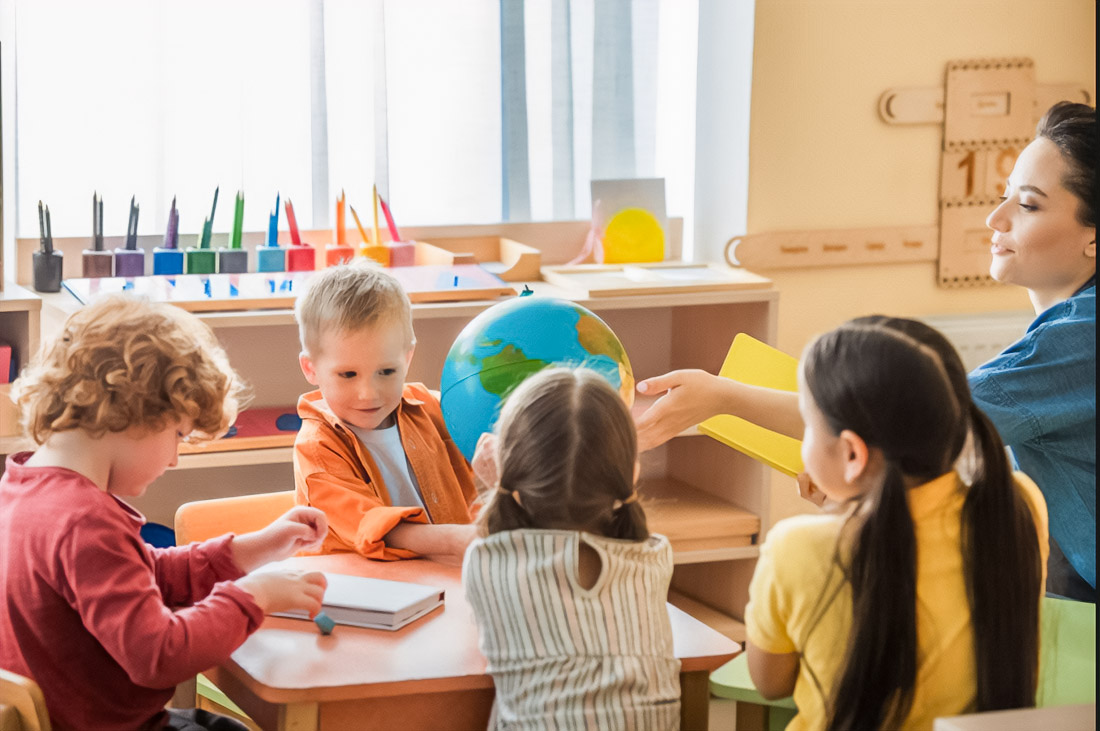
Revelation Depths Theory Social Learning Albert Bandura: Models and Behavior
Theory social learning, proposed by Albert Bandura, represents cornerstone educational methods. Bandura claimed that learning happens not only through personal experience but also through observation when children see the behavior of others and its consequences. For example, statistics show that 70% of children imitate behavior that they see in their social environment. Thus, learning this behavior through imitation can increase the chances of successfully mastering new skills.
Research Social Constructivism Lev Vygotsky: Zone Proximal Development and Its Influence
Lev Vygotsky made a big contribution to understanding social learning through the theory of social constructivism. He proposed the concept of “zone proximal development,” which allows the determination of possibilities for children in various social contexts. This concept is actively used in schools to maximize the educational potential of the child, creating possibilities for cooperation with teachers and peers. Research shows that children working in zone proximal development achieve their goals 50% faster.
View on Social Interaction George Mead: Formation Self-awareness
The Theory of social interaction, proposed by George Mead, also plays a key role in educational systems. According to his opinion, consciousness and self-awareness are formed through interaction with other people. This principle is applicable to process learning, helping children develop personal qualities, and caring about the collective. Social interaction
Engagement with Real Applications in Initial Schools
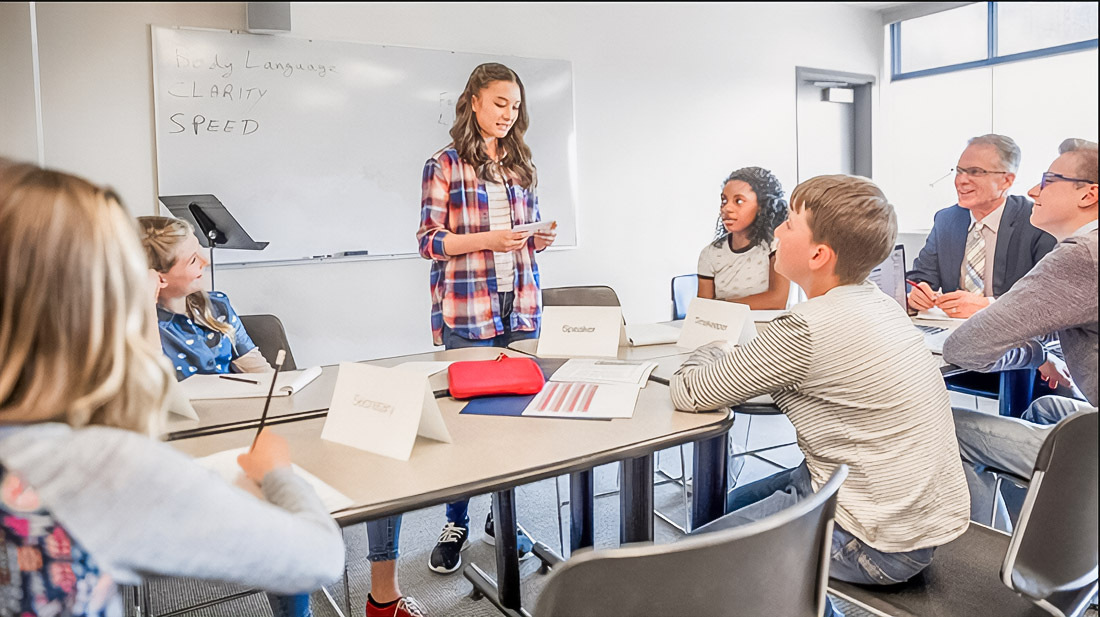
Theories of social learning actively applied in initial education for creating an educational environment where students feel themselves part single whole. Teachers often use modeling, demonstrating necessary models of behavior, or inviting children to share successful examples with the class. This promotes formation skills interaction and helps children learn from each other.
Pedagogical Examples and Successful Cases
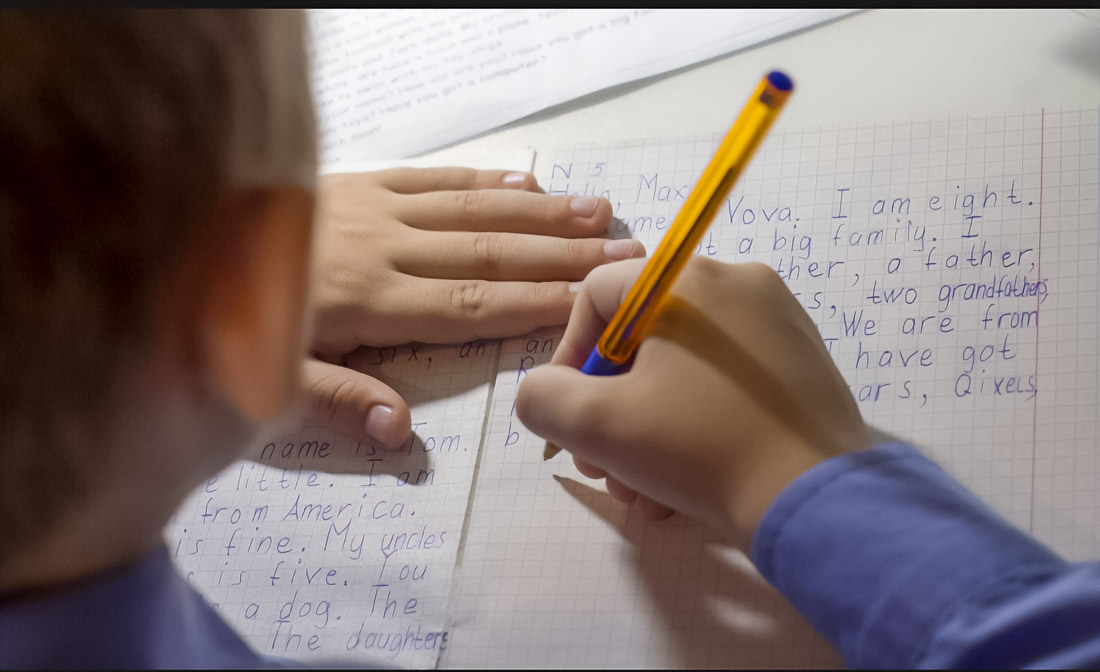
Group Work as Instrument Socialization and Learning
Example application theories social learning is organization group work. Teachers can create educational groups, focusing on solving tasks of diverse levels of complexity, in which children collaborate. Research has shown that such activity increases academic performance by 35% and develops communication skills and cooperation.
Role-playing Games for Studying Social Roles and Conflict Situations
Another technique is role-playing games, providing children the opportunity to study and practice social roles in diverse contexts. Such games promote the development of empathy and skills in conflict resolution, increasing the level of socialization among children by 40% in the process of their participation in an educational environment. Role-playing games
Long-term Benefits and Challenges Implementation
- Application theories of social learning in initial education allow the development of both academic and social skills, which contributes to the overall personal realization of each child.
- Providing a more dynamic and supporting educational atmosphere where children learn not only from teachers but also from their peers.
- At the same time, implementation of these methods is associated with challenges, such as the necessity of additional time and resources, as well as special training for educators, in order to effectively use these approaches.
Usage theories of social learning provide powerful tools for transforming initial education. They not only create a foundation for academic success but also develop vital social skills, which contribute to the successful integration of children into society. Educational institutions should continue to explore and implement these theories in order to stay in pace with the changing demands of the educational environment.